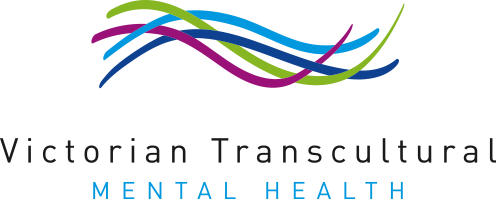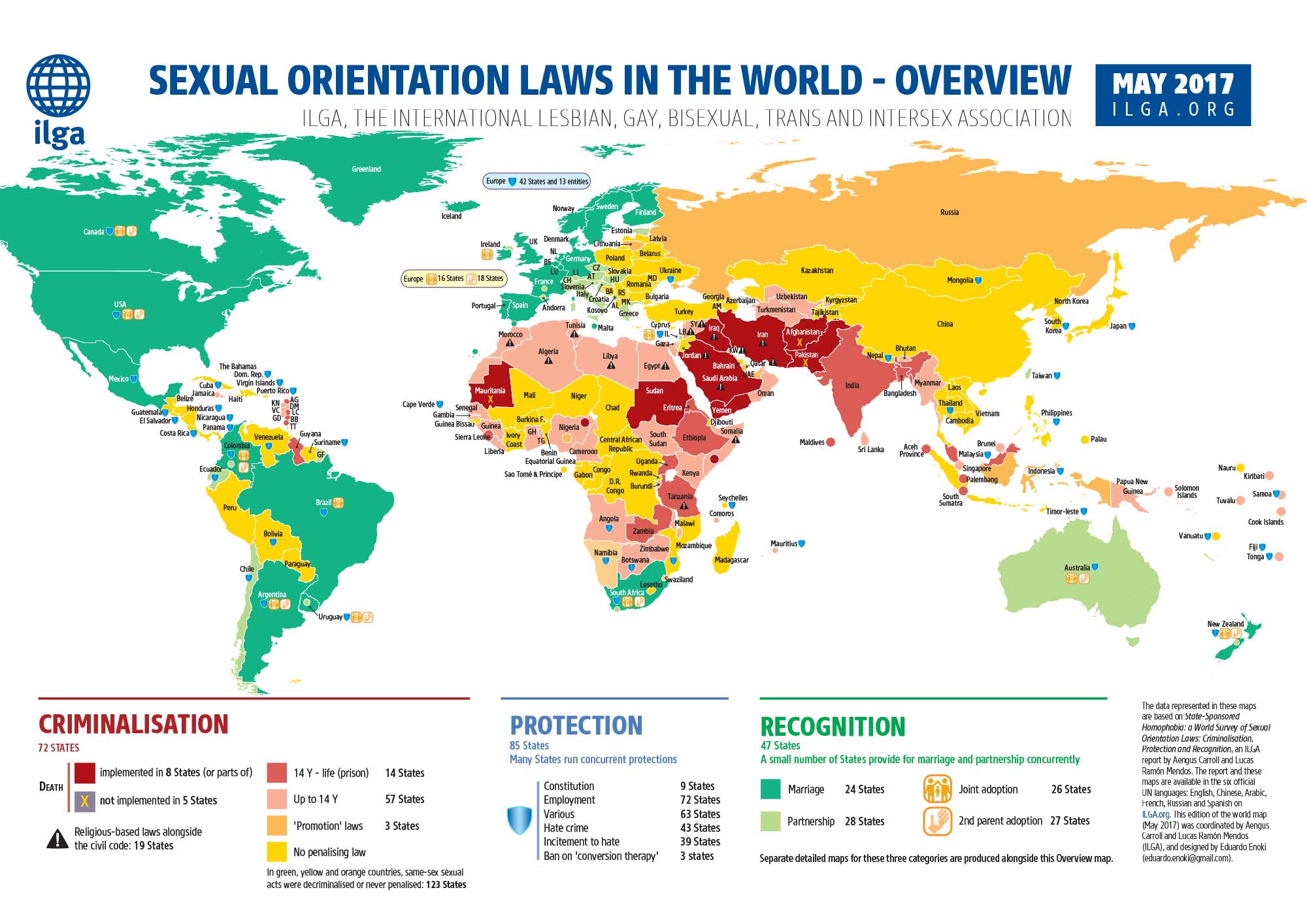What We’re About
LGBTIQ Intersect and more broadly the Out in the CALD Harmony Grant is part of a larger initiative across Victoria to promote increased dialogue, shared understandings and the development of culturally safe and inclusive practice among multicultural, faith-based and LGBTI communities, health and wellbeing providers and community organisations.
PARTNERSHIP
The opportunity to partner represented a unique collaboration between a lesbian, gay, bisexual, transgender and intersex (LGBTIQ) policy and resource unit (GLHV) and a transcultural service development and capacity building organization (VTMH); enabling access to a variety of skills and knowledge in equity based practice.
A broad consultation base was developed inclusive of individuals and communities who identify as lesbian, gay, bisexual, transgender, intersex and queer (LGBTIQ), those identifying as Queer Transgender Intersex People of Colour (QTIPOC), those from culturally and linguistically diverse backgrounds (CALD) inclusive of asylum seekers, refugees and migrants, those with diverse intergenerational migration histories, and those from faith communities inclusive of faith and community leaders.

OUR AIMS
Support a more harmonious and inclusive Victoria
- Reduce divisions within multicultural and faith-based communities regarding differing beliefs and treatment of their LGBTI members
- Identify shared principles and ways of promoting the health and wellbeing of LGBTIQ people of different faiths and cultural affiliations; and
- Contribute to a more harmonious and inclusive Victoria
Respond to experiences of intersecting discrimination
- Reduce discrimination against LGBTIQ people of faith and diverse cultural affiliations from within cultural, faith-based and LGBTIQ communities
- Promote greater understanding, awareness, and respect within multicultural and faith-based communities of the lives and experience of their LGBTIQ members
- Promote greater understanding, awareness, and respect within LGBTIQ communities on the impact of racism, ethnocentrism, and religious intolerance on the mental health and wellbeing of LGBTIQ people from multicultural and faith-based communities
Increase connection, visibility, and community belonging
- Enhance the safety, mental health and wellbeing, social inclusion, and sense of community belonging amongst LGBTIQ people from Multicultural and faith-based communities and their social and civic participation more broadly
Build collective capacity for cultural safety
- Increase the capacity of community organisations and agencies across a range of sectors to provide culturally diverse, LGBTIQ-inclusive services; and
- Improve the mental health and wellbeing of LGBTIQ people affiliated with different cultural and faith-based communities
THE PROJECT
Current literature and past GLHV reports provided the initial context for the project. Consultations with lived experience experts; both individuals and communities, faith leaders and the specialist mental health service system, including those services oriented to the mental health and wellbeing needs of refugees and asylum seekers, indicated that there was a lack of awareness in providing inclusive services from an intersectional approach.
Sharing stories and exploring experiences
A variety of consultation methods and modes were offered to enhance safety and encourage broad participation and collaboration.
- Confidential individual and/or small group meetings with lived experience experts
- Lived experience consultation forum
- Online Survey: Lived Experience Experts
- Service provider large group forum
- Service provider small group consultations
- Service providers, leaders in inclusive practice, individual consultations
- Online Survey: Service Providers
Service providers and lived experience experts were provided with similar but separate avenues to share stories, offer reflections and provide insights.
Often individuals belonged to both groups contributed via both consultation paths, highlighting the systemic benefits of having a culturally rich and diverse workforce.
This resource has been created in response to the stories, experiences, reflections, thoughts and intentions expressed via the consultation process.
PROJECT SUPPORT
To support the safety, inclusiveness and reflective capacity of our work together, the project development was underpinned by:
Advisory Group: a broad cross section of agencies and advocates meeting on a bimonthly basis to offer reflection, mentoring and guidance.
Literature Review: an evaluation of existing literature on the experiences of LGBTIQ people from Multicultural and faith based communities and those identifying as QTIPOC, inclusive of factors that impacted their service use.
Framework Review: an exploration of existing theoretical and empirical frameworks for the development of culturally responsive practice (e.g., cultural safety, intersectionality theory).
Partnership Development: with key stakeholder organizations and services advocating for inclusive practice across communities.
Consultations: conducted via individual conversations, via group forums and online through anonymous surveys with both service providers and individuals with lived experience.
CO-DESIGN
Service provider consultations were facilitated via a
Overwhelmingly service providers and community leaders, inclusive of
Principles of Co-design
Inclusive – The process includes representatives from critical stakeholder groups
Respectful – All participants are seen as experts and their input is valued and has equal standing
Participative – The process itself is open, empathetic and responsive
Iterative – Ideas and solutions are continually tested and evaluated with the participants
The Co-Design Principles came out of the Fair Deal Forum in November 2016, NSW Council of Social Services, with input from the participants and Dr Ingrid Burkett (The Australian Centre for Social Innovation).
CO-PRODUCTION
Individuals and communities with lived experience at the intersect of LGBTIQ, multicultural and faith identity were actively invited to lead resource development via a co-production approach, while recognising that no ’one story’ would be reflective of the diversity of experiences.
Utilising this approach supported individuals, advocates and communities to express their concerns. A lack of visibility for their individual and often shared experiences, misconceptions they often encountered when accessing services regarding which identity they privileged, assumptions about family and community relationships and importantly the invisibility of their experiences of intersecting discrimination.
Principles of Co-production
– Taking an assets-based approach
– Building on people’s existing capabilities
– Reciprocity and mutuality
– Peer support networks
– Blurring distinctions
– Facilitating rather than delivering
Slay, J. & Stephens, L. (2013). Co-production in mental health: A literature review. London: new economics foundation
Orientation to Cultural Responsiveness
Cultural responsiveness is not a static process, similarly nor is cultural responsiveness destination, but rather, an evolving and ongoing process of action and reflection, reflecting on issues of identity, of values, of beliefs – those of one’s own, of the systems and services we work within, of the communities in which we live and of the people, families, and communities we work with. A fluid and ongoing process of curiosity and exploration, trying to expand and understand the many truths and the multiple meanings we inhabit…
Cultural responsiveness is and remains an ongoing and evolving process. Essential to this process is a willingness to examine ourselves, our systems and services and the broader social context.
Each of us will find ways that meet the needs of our particular communities, each of us will be at different stages.
There is no “one way”, no single voice but rather “many ways” and ‘many voices’.
WITH THANKS
A review of the consultation process was conducted with Natalie Elkins from Hatch Consulting Australia. Natalie provided Pro Bono strategic advice throughout the consultation process with a focus on co-production, lived experience voice and co-design with service providers.
LITERATURE REVIEW
A literature review in conjunction with a review of existing frameworks, manuals, and key report recommendations was conducted in 2017 in preparation for the consultation phase. Key themes identified in the literature include intersectional identity and the experiences of (in)visibility, systemic and structural barriers to being seen, barriers and enablers to help-seeking, the relevance of cultural and linguistic competency for service providers and the role of community leaders in improving health and wellbeing. Overarching messages include the need for education and collaboration for service providers and the benefit of supporting advocates and communities to both build voice and deepen collective capacity to understand the experiences of LGBTIQ people from multicultural and multifaith communities.
CONCLUSION OF LITERATURE REVIEW
In conclusion, given that multicultural LGBT individuals face a multiplicity of issues when navigating their identities and well-being, it is clear that service providers and community leaders must also take a holistic approach in developing culturally competent care for multicultural LGBT individuals.
Such a process includes increasing sensitivity and awareness to the experiences of such individuals while openly displaying acceptance and urging other community members to do the same.
As such, it is critical to engage with the experiences of multicultural LGBT individuals and work together to promote better services outcomes and greater well-being. – Lotus Ye
FINAL NOTE
We hope that this information will be of use to a wide variety of audiences and that conversations on the health and wellbeing of LGBTIQ, Same Sex Attracted and Gender Diverse people from Multicultural and faith-based communities will continue.
LGBTIQIntersect affirms the Darlington Statement
LGBTIQ stands in solidarity with the intersex community in Australia and calls upon state and federal governments, medical institutions, and the community to uphold the requirements of the Darlington Statement.
> Read more at the Intersex Human Rights Australia (IHRA) website.
LGBTIQIntersect affirms the Victorian Government Forum on LGBTI Inclusion in Faith Communities Statement of Support
On 17th August 2017 the Community Resilience and Social Cohesion Branch, Department of Premier and Cabinet convened the Victorian Government Forum on LGBTI Inclusion in Faith Communities. Over 100 individuals, service providers and faith leaders came together to reflect on the role that faith and community leaders can play in fostering inclusive environments for LGBTI people.


